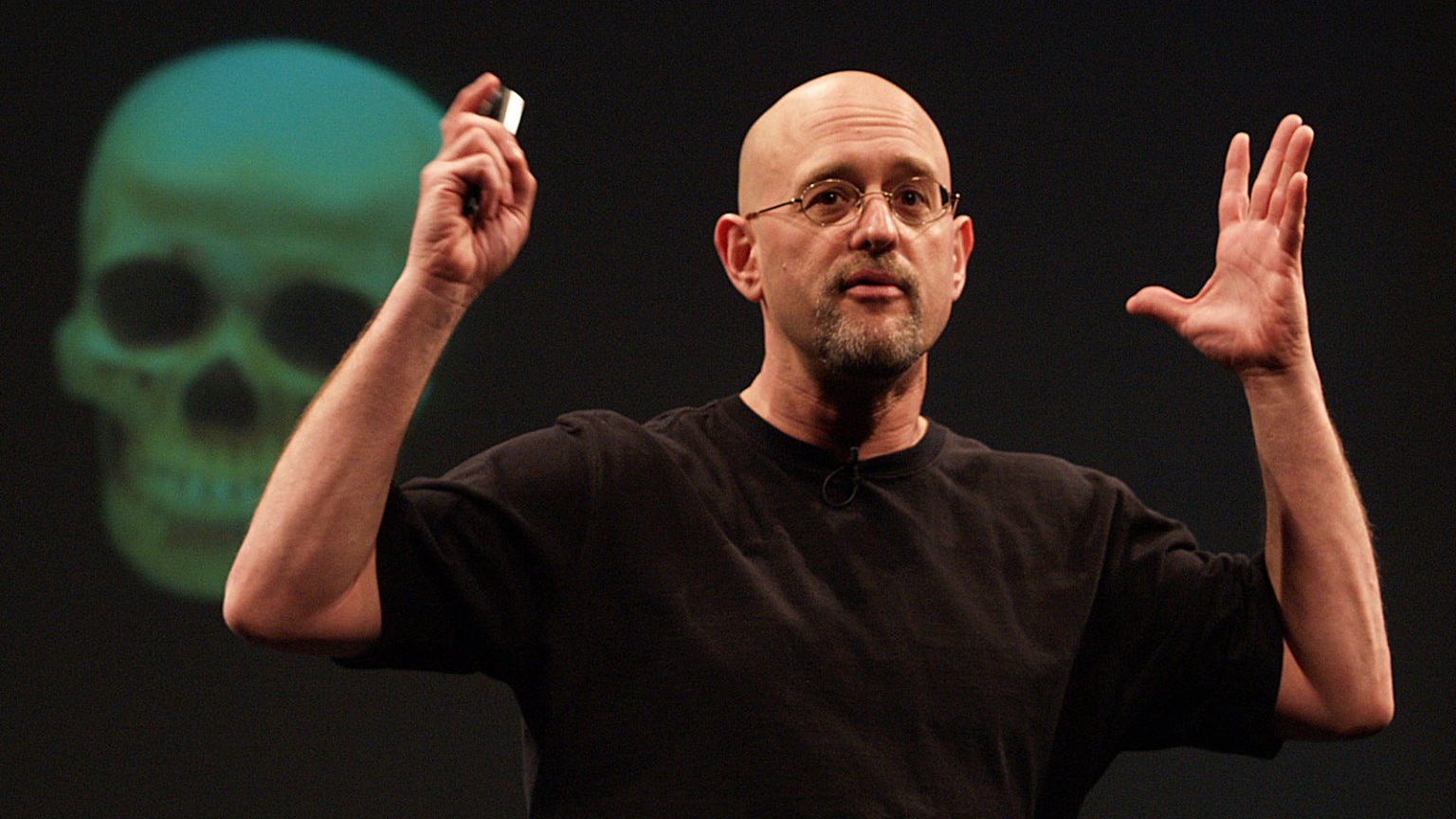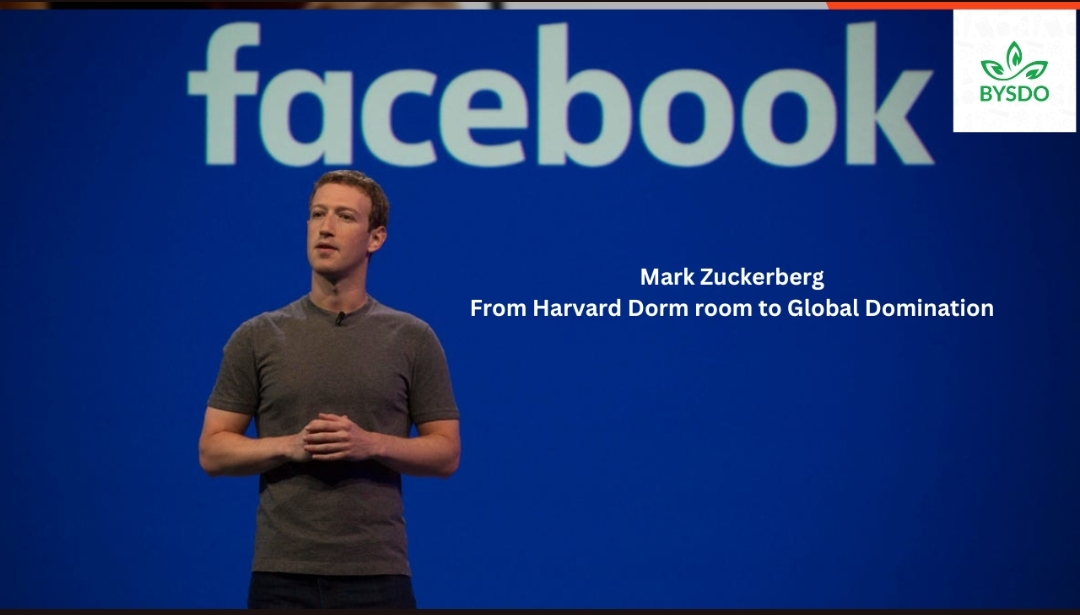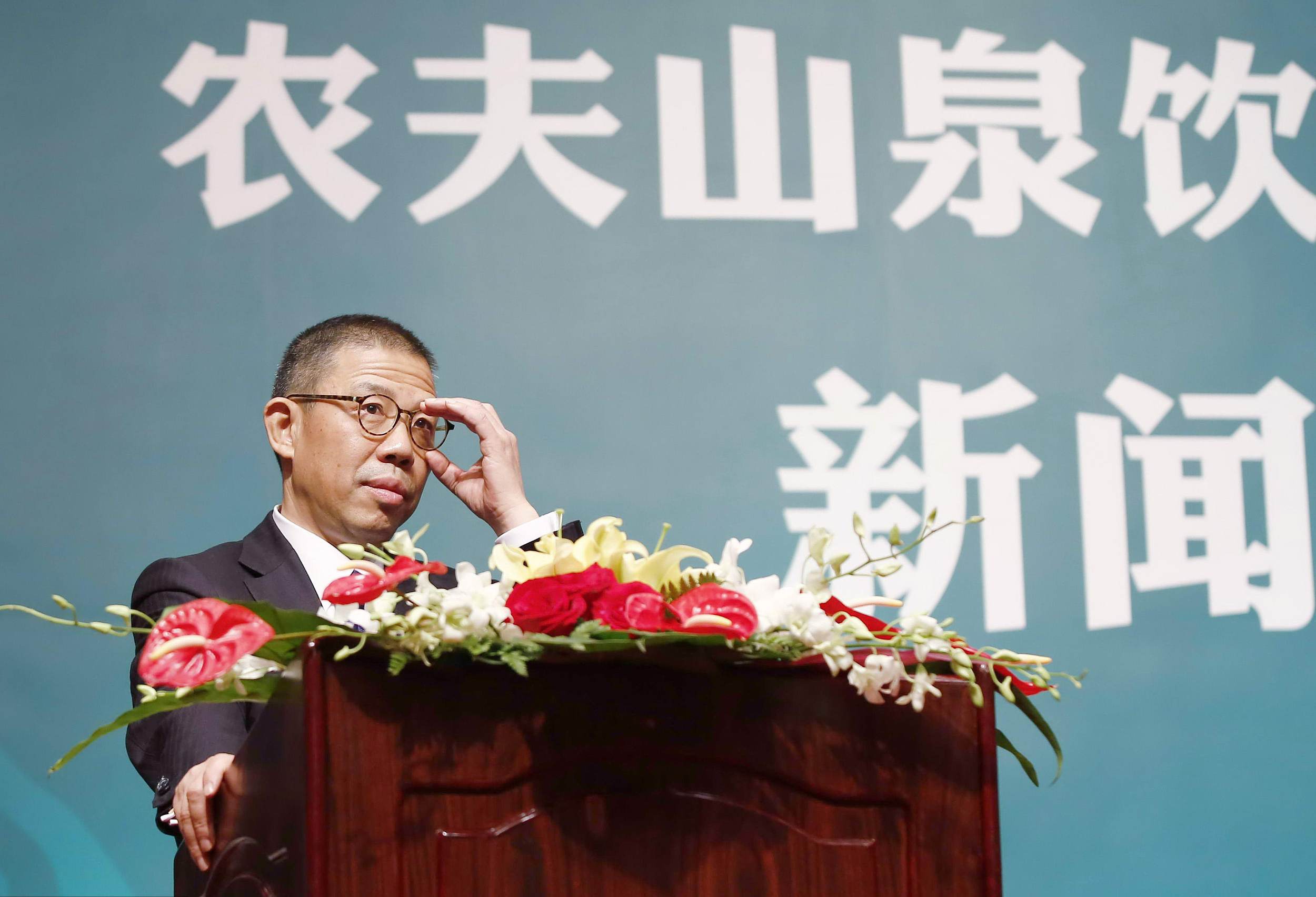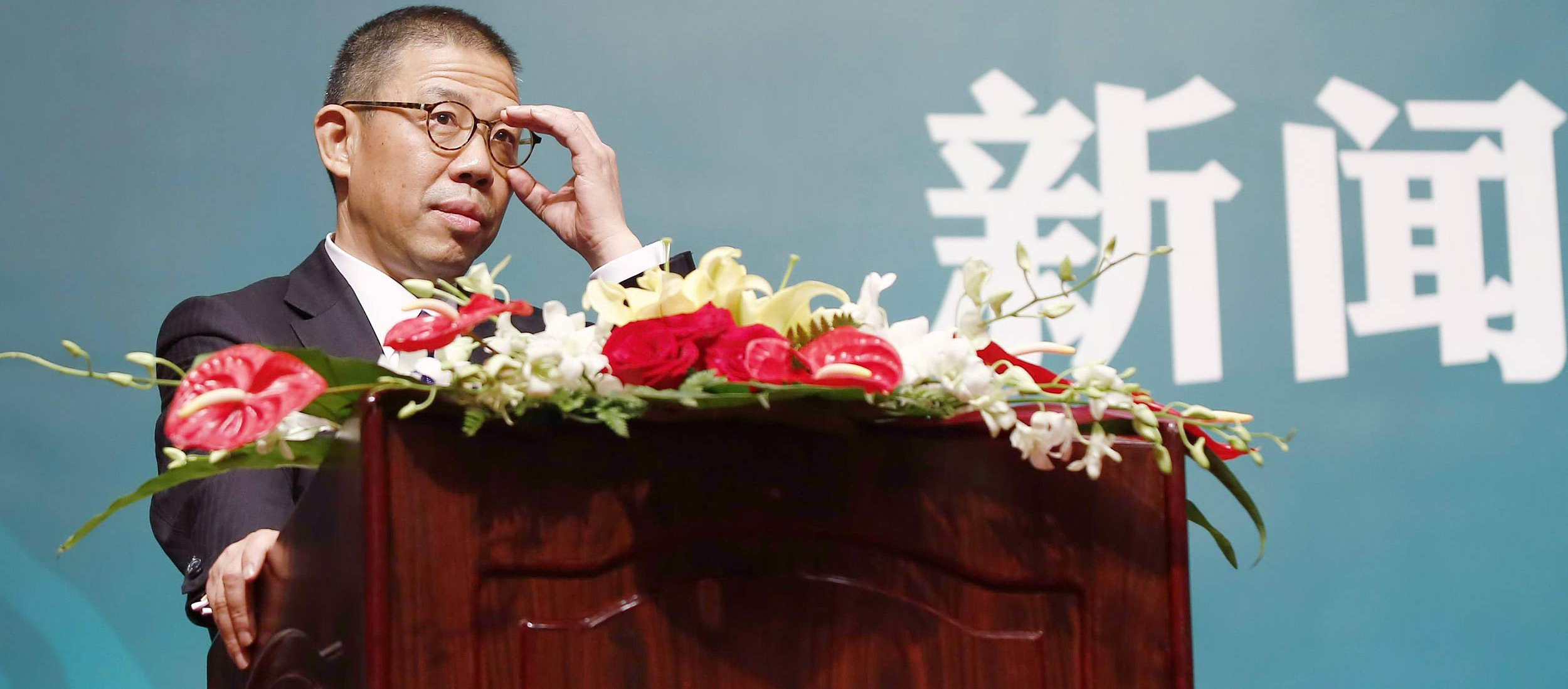Rob Walton, the eldest son of Walmart founder Sam Walton, is a key figure in the global retail empire’s history. As the former chairman of Walmart, Rob played a crucial role in expanding the company’s operations, maintaining its financial strength, and upholding the Walton family’s control over the business. Despite his low public profile, Walton’s leadership and influence have been instrumental in shaping Walmart into the world’s largest retailer.
In this article, we explore Rob Walton’s early life, his role in Walmart, his financial standing, and his ventures beyond retail.
Early Life and Education
Samuel Robson “Rob” Walton was born on October 27, 1944, in Tulsa, Oklahoma. As the eldest son of Sam and Helen Walton, he grew up witnessing his father’s entrepreneurial spirit, which later shaped his own career.
Rob pursued higher education at the University of Arkansas, where he earned a bachelor’s degree in business administration in 1966. He later attended Columbia Law School, earning his Juris Doctor degree in 1969. His legal background gave him a different perspective from his father, who was more focused on retail operations and customer experience.
Entry into Walmart and Rise to Leadership
After completing his law degree, Rob Walton joined the law firm Conner & Winters, which represented Walmart. His legal expertise and deep family ties to the company made his transition into Walmart’s leadership almost inevitable.
In 1978, he officially joined Walmart as a senior vice president, later becoming a member of the board of directors in 1982. His rise in the company gained momentum in 1992 when his father, Sam Walton, passed away. Following this, Rob Walton was appointed chairman of Walmart, a position he held for 23 years until 2015.
During his tenure as chairman, Walmart grew exponentially. The company expanded internationally, entered the e-commerce market, and strengthened its supply chain. Walton’s leadership ensured that the company maintained its low-cost business model while also adapting to changing market trends.
Impact on Walmart’s Growth
Rob Walton’s leadership at Walmart was marked by both aggressive expansion and strategic financial management. Under his chairmanship, Walmart:
1. Expanded Internationally
Walmart extended its footprint to multiple countries, including China, India, and South America. Though not all international ventures were successful, the company maintained its position as the world’s largest retailer.
2. Strengthened Supply Chain and Logistics
One of Walmart’s biggest advantages is its efficient supply chain. During Walton’s tenure, the company refined its logistics, ensuring lower costs and higher efficiency.
3. Navigated Challenges in the Retail Industry
The early 2000s brought significant changes to the retail industry, especially with the rise of e-commerce giants like Amazon. While Walmart was slow to adapt at first, it later made significant investments in online retail.
4. Maintained the Walton Family’s Control
Even as Walmart became a publicly traded company, the Walton family retained significant control. Rob Walton played a key role in ensuring that family influence remained strong, with Walton family members and close allies holding key positions.
Wealth and Financial Influence
As a key shareholder in Walmart, Rob Walton is one of the world’s richest individuals. His wealth comes primarily from Walmart stock, which he inherited and accumulated over the years.
As of recent estimates, Walton’s net worth is well over $60 billion, making him one of the richest individuals in the United States. His financial power extends beyond Walmart, as he has investments in various sectors, including real estate, energy, and sports.
Beyond Walmart: Philanthropy and Personal Interests
Despite his immense wealth, Rob Walton is not as publicly active in philanthropy as some other billionaires. However, he has contributed to various causes, particularly environmental conservation and education.
One of his major philanthropic initiatives is the Walton Family Foundation, which supports education reform, environmental sustainability, and community development. The foundation has funded charter schools, conservation projects, and economic development programs across the U.S.
Sports and Car Collection
Rob Walton is an avid collector of vintage cars. His collection includes some of the world’s most expensive and rare automobiles, such as Ferraris, Porsches, and classic American muscle cars.
In 2022, Walton made headlines when he led a group to purchase the Denver Broncos, an NFL team, for a record-breaking $4.65 billion. This purchase solidified his presence in the sports world and showcased his financial influence beyond retail.
Criticism and Controversies
Like many wealthy business figures, Rob Walton has faced criticism, primarily related to Walmart’s business practices. Some key issues include:
Low Wages and Labor Practices: Walmart has been criticized for paying low wages and opposing labor unions. Critics argue that despite the Walton family’s immense wealth, the company does not do enough to support its workers.
Environmental Concerns: While the Walton Family Foundation supports conservation efforts, Walmart has faced scrutiny for its environmental impact, particularly regarding supply chain emissions and plastic waste.
Competition with Small Businesses: Walmart’s aggressive expansion has been blamed for driving small retailers out of business, a concern that has been debated for decades.
Despite these controversies, Walton himself has largely stayed out of the public eye, rarely engaging in public debates or media appearances.
Legacy and Influence
Rob Walton stepped down as Walmart’s chairman in 2015, handing over the role to his son-in-law, Greg Penner. However, he remains a key figure in Walmart’s history and continues to hold significant influence as a major shareholder.
His leadership helped Walmart sustain its dominance in the retail industry, expand globally, and navigate economic shifts. While he may not be as well-known as his father, Sam Walton, Rob played a critical role in ensuring Walmart’s continued success.
Even in retirement, Walton’s financial and business decisions still impact Walmart, the retail industry, and broader economic trends. Whether through his investments in sports, philanthropy, or environmental causes, his legacy extends beyond the world of retail.
Conclusion
Rob Walton’s story is one of inherited leadership, financial expertise, and quiet but impactful influence. While he may not be as publicly vocal as other billionaires, his role in shaping Walmart and managing one of the largest family fortunes in the world is undeniable.
As the retail landscape continues to evolve, Walmart remains a dominant force, thanks in part to Walton’s decades-long leadership. Whether through his wealth, philanthropy, or sports ventures, his influence will be felt for years to come.
Keyword : Walmart, Retail, Philanthropy, Denverbroncos,Entrepreneur
Maslaneya Haider Siza
Intern, Content Writing Department
Bangladesh Youth Skills Development Organisation












